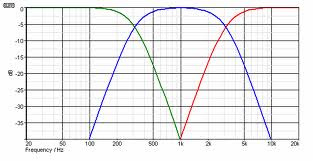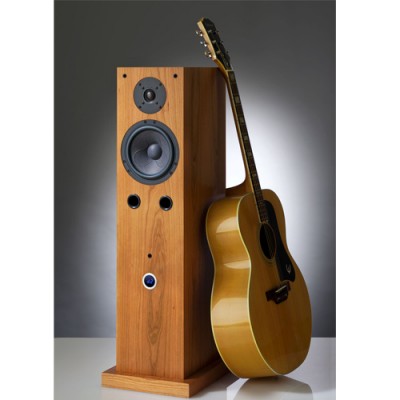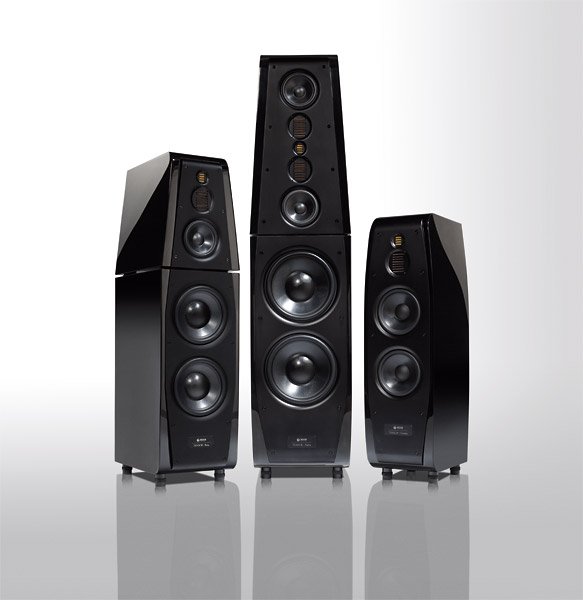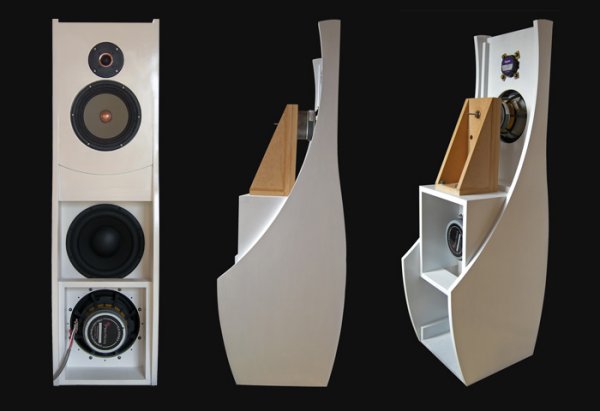Jack has made some good points, well at least some points that I'd also make (that means they're good yeah?

)
Maybe it's just me, but I like to think I have grown up a bit over my time on forums. What I mean is, well I run a fully active system, and yes (to me at least) it is the bees knees. Could be lotsa reasons for that, pride of ownership, I built it, that sort of stuff.
Years ago I woulda fully rigid in my stance, active is superior and carried on (like I use to, an idiot...I have matured a little) much like most arguments on the forum, my way is the best way and everyone else is a fool.
I no longer do that, happy to argue it at arms length as it were, far more interested in why and how we think what we do to be frank, the human angle is the most fascinating thing about audio to me

, but part of the reason I no longer like to push active if we can say that comes back to those very important points jack has been making.
The skill level of the person doing the active system is ultimately the limiting factor, just as it is with the passive system. This naturally tends back to the conversions to active or the fully fledged builds from the ground up.
Not for one second do I think the engineers building an active system don't have the nous or capability to do it. So I leave that side out of it. That thought is astounding in it's arrogance. "I am an audiophile-going only on the overhyped hyperbole of the ragazines-so I can build a system complete in all it's various complementarities, but those dumb engineers cannot pull off the feat
I am capable. Mighty am I not?"
As the available fully active systems are either non existent or cost an almighty bundle (let's use cabasse, an outlier, to prove our point) it then out of necessity usually does come back to the earlier categories I mentioned, the conversions or the ground up builds.
Go over to diyaudio or their ilk, to the people with the desire and willingness the points jack mention do not count, that
comprises the hobby for them, and interestingly those with the experience of going active do not have any where near this notion of the superiority oif passive. The limitations of passive are well known.
But, we are on an audiophile forum here, so jacks factors are exceedingly important. For the most part, and of course with the budget available to many of the members here!, it is a far safer bet to stay with well engineered passives and get your fiddle factor with amps and cables etc. That is what I would recommend as a first stance based on the assumption that most here have not the slightest interest in learning the (new) tricks required to maximise that new path.
I say new tricks, because ultimately it is the same basic procedure, get the best sound you can with the tools at your disposal. To many here the thought of investing in measuring gear of any description, then learning how to use and then interpret what they tell you can be a mountain too much. I get that. It is simply the flip side to the only available alternative, the one that causes MY eyes to glaze over...'blindly' mixing and matching this component with that and stumbling forward.
Pick your poison, either way it is not a walk in the park, both have steep learning curves and each method demands full attention if the best is your goal.
Do I feel active can give a superior result? Yes I do, and in my experience it has proven to be true for me.
Can you convert a good passive to active and get a worse result?
You can bet your bottom dollar on that, which is why I am more circumspect in my stance than I was years ago, I have grown up.
These things are nothing more than tools, and all tools have to be used properly.
So here is the bottom line. You can't really use your position to argue emotionally against the other. 'I don't want to go active because I don't feel capable' is a perfectly good argument for going passive. However it is not a good argument for the
superiority of passive. Equally, 'I go active because I feel capable' is a great argument for why you went active, but it aint a great one for the superiority of active.
I bet I can find actives that are better than most passives, and I bet I can find passives that are better than most actives.
Each of the above are fully dependant on the points raised by jack.











